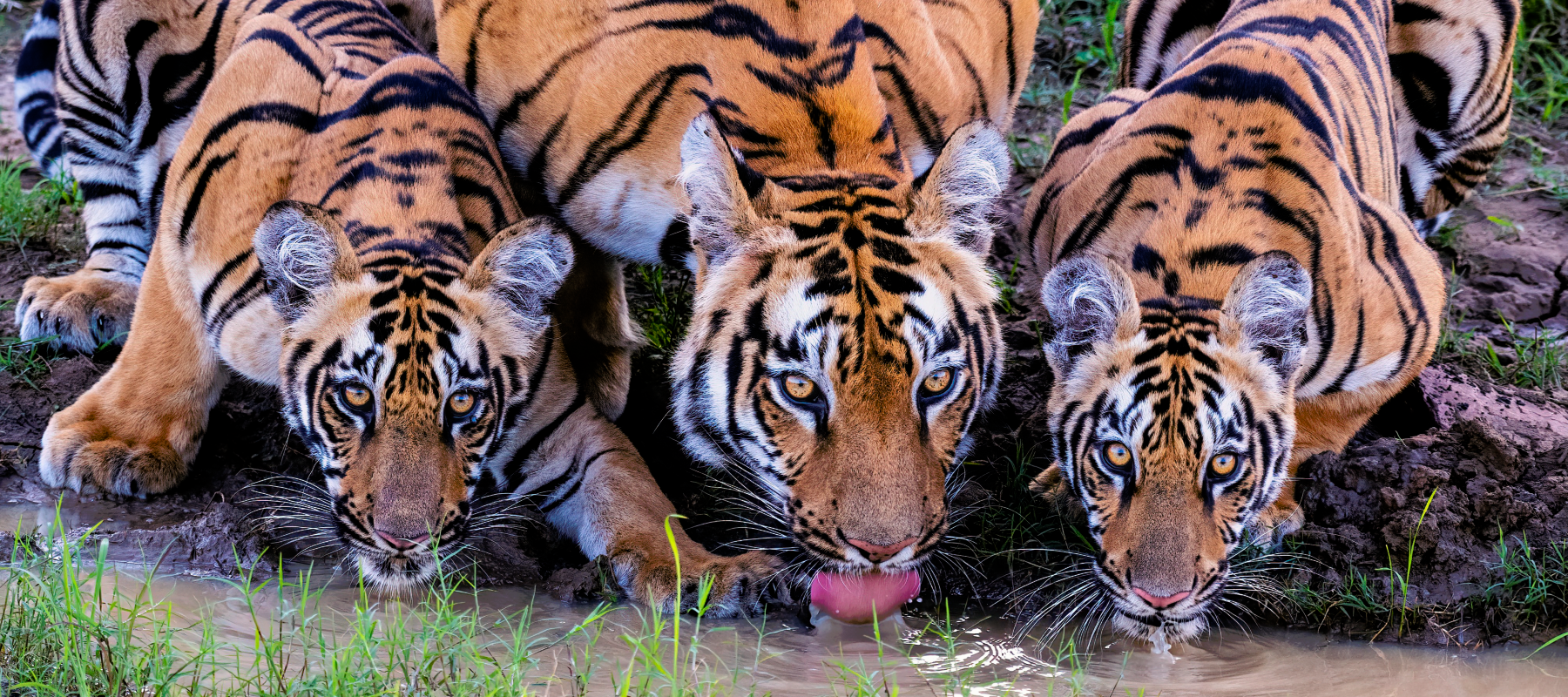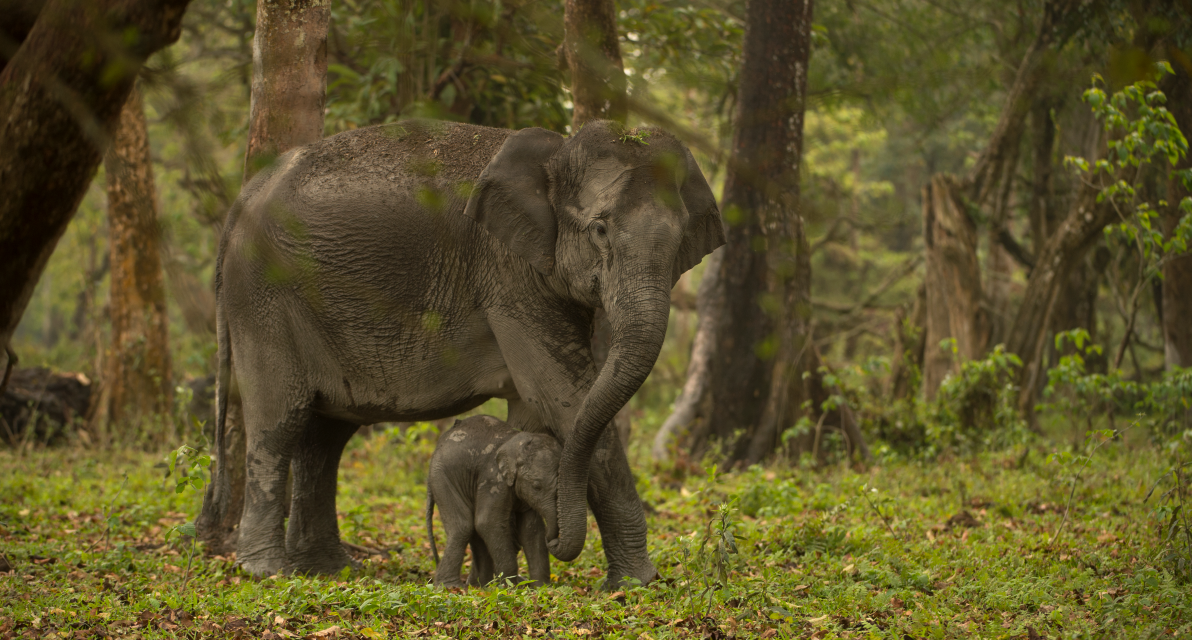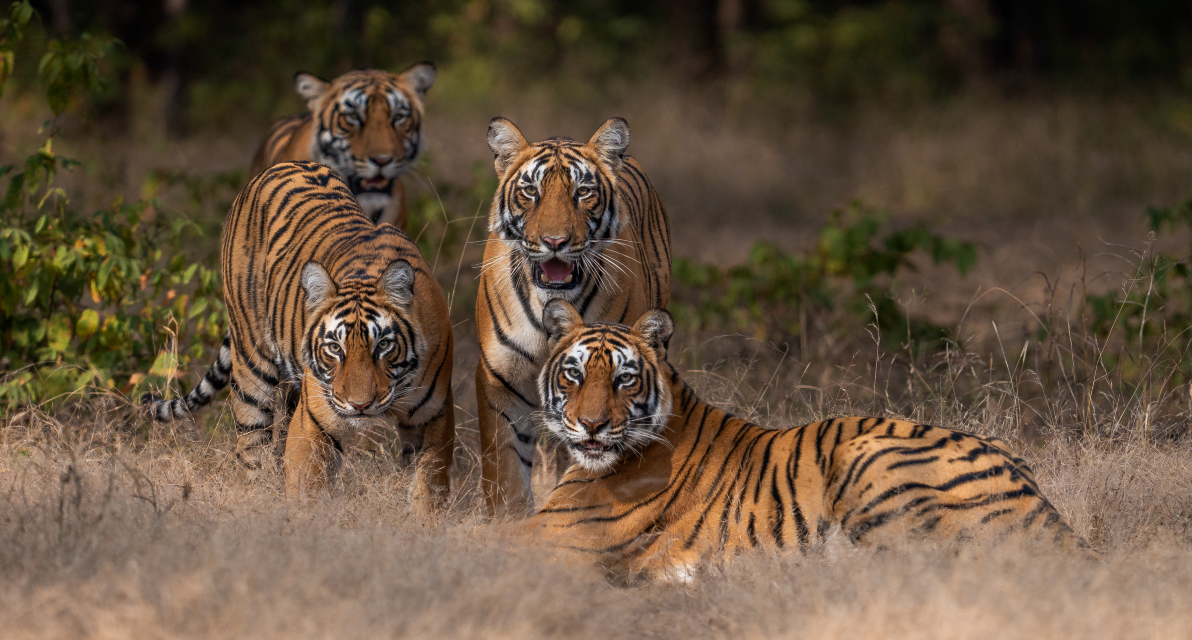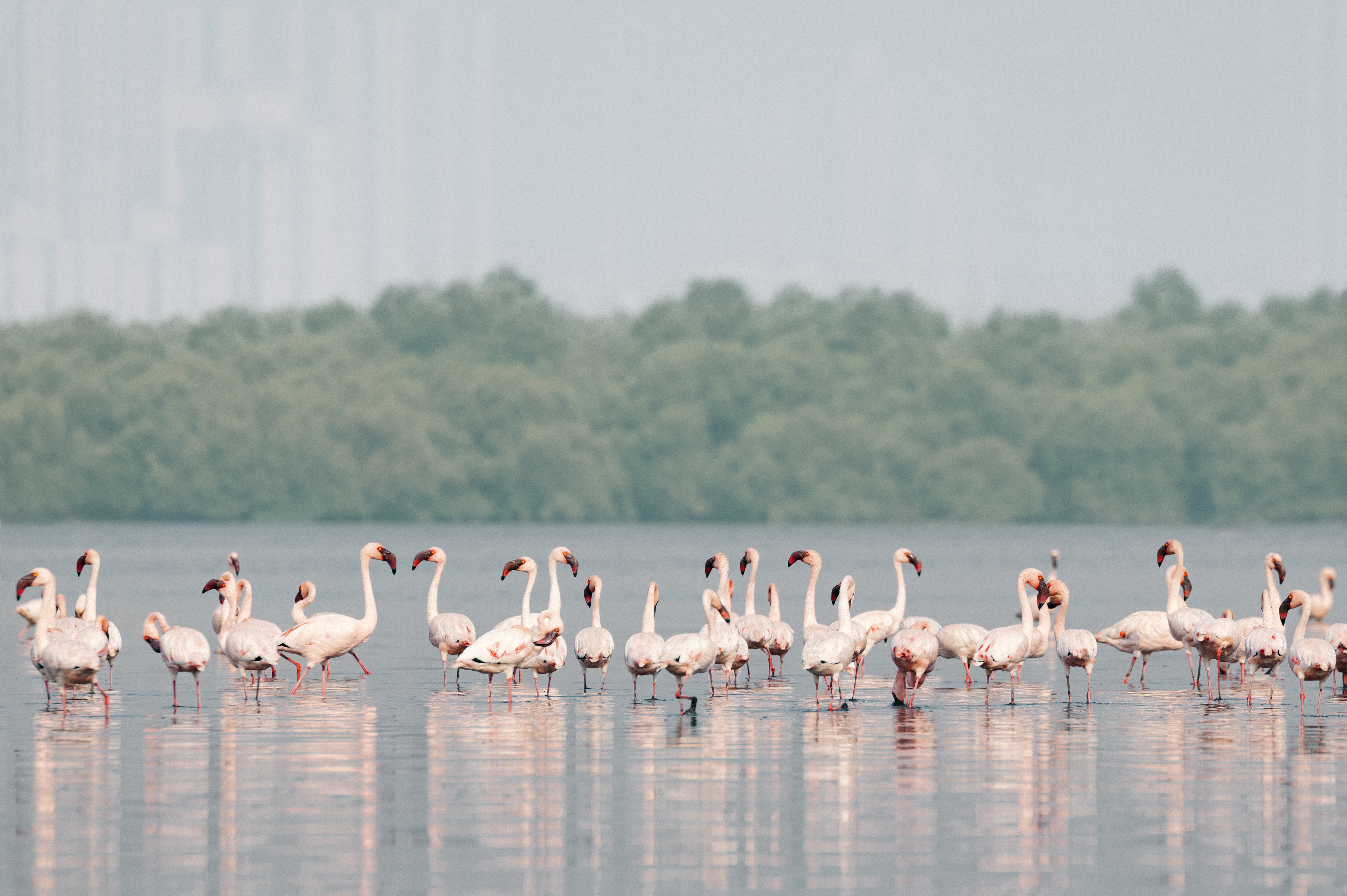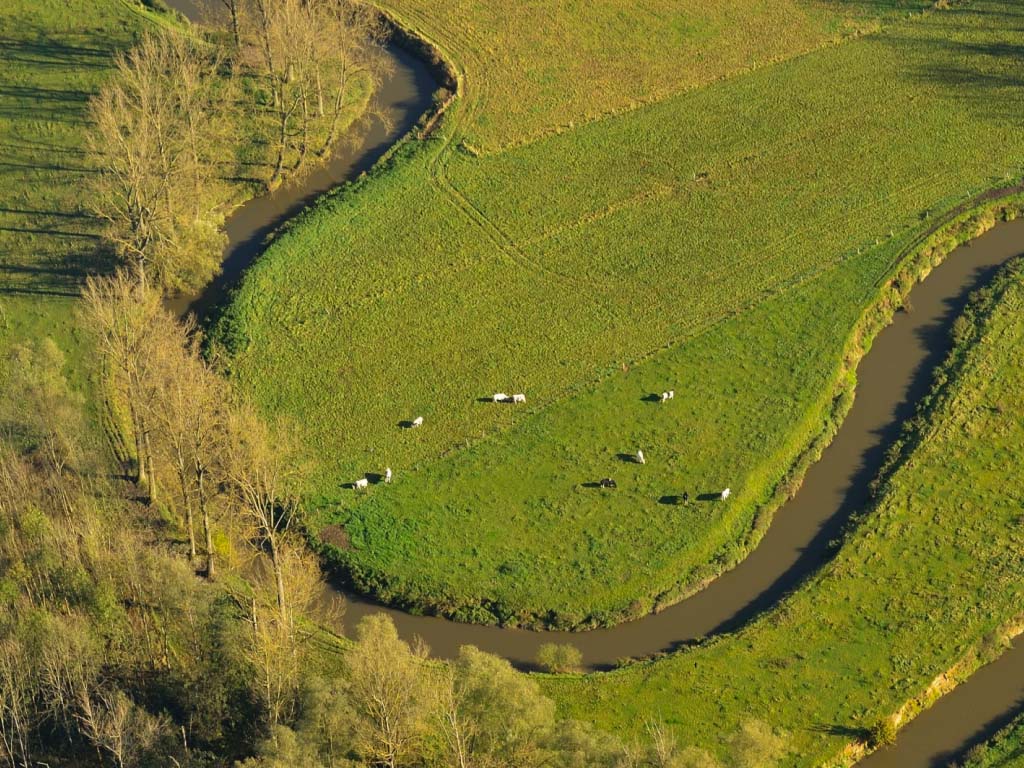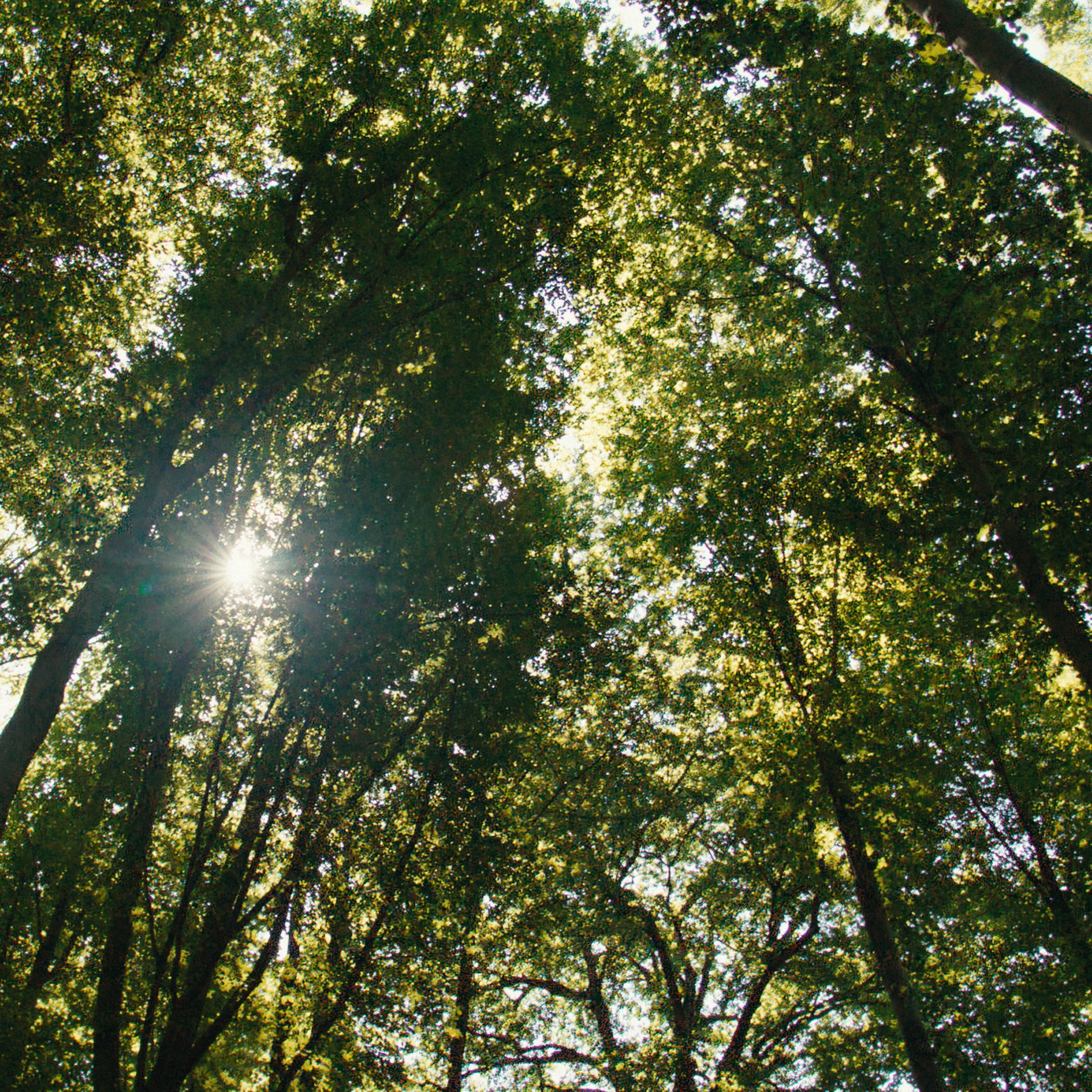Amazon’s Right Now Climate Fund supports small-scale farmers and expands nature corridors and habitats for tigers and other species in India’s Western Ghats.
India is home to 70% of the world’s wild tigers, according to the National Tiger Conservation Authority. Despite the size of this critical population, the Wildlife Institute of India notes that just over 5% of India’s land is set aside for conservation. The Western Ghats mountain range, a UNESCO World Heritage Site, is one of India’s largest conservation areas for tigers and other species. It is a source of national pride for Indian communities across the country.
But the Western Ghats faces a critical challenge: How to balance wildlife protection with the needs of the local farming communities that live along its borders. Many of the farmers in the area rely on rice, bananas, and other cash crops, but these same crops are also a favorite for monkeys and elephants, who often damage or destroy the farmers’ fields.
To address this challenge, Amazon’s Right Now Climate Fund has collaborated with the Centre for Wildlife Studies (CWS), a world-renowned center for the conservation of tigers, elephants, and other iconic Indian species. The fund has issued a $1.1 million grant to help CWS establish the Wild Carbon program.
The Wild Carbon program offers an elegant solution by incentivizing rural farmers to create wildlife corridors by planting fruit, timber, and medicinal trees around conservation zone borders. The corridors are designed to support herbivore populations, which are necessary for a healthy ecosystem that supports larger mammals like tigers and elephants.
“By partnering with farms and farmers whose lands abut India’s premier tiger reserves, we are hoping to create space for wildlife movement and build long-term opportunities for vulnerable people to overcome human-wildlife conflict,” said Krithi Karanth, CEO of the Centre for Wildlife Studies.
In addition to larger mammals, the corridors support entire ecosystems; they facilitate buffer habitats for mammals, birds, reptiles, and amphibians that are endangered.
"Investing in nature and communities creates meaningful benefits for both people and the environment," said Justine Mahler, Director of Waste, Water and Biodiversity at Amazon. "It's important that we consider the whole picture, which involves working hand-in-hand with local communities every step of the way."
